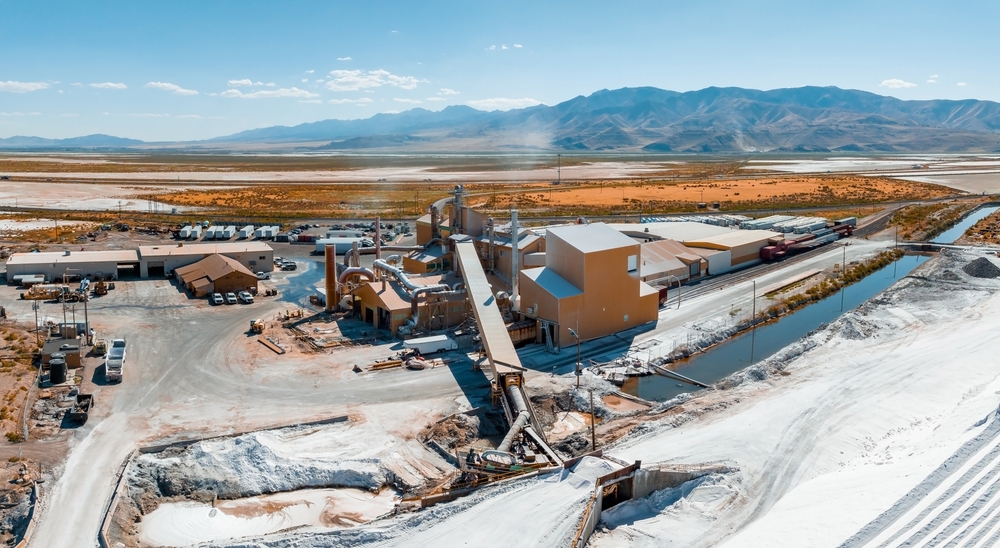Sociologist Miriam Lang criticizes a new colonialism in global energy policy. “A new colonialism is emerging in the name of the energy transition.” International corporations from the US, Europe, and China are securing access to strategic raw materials in the Global South. Officially, it’s about climate protection, but behind it lies an old logic of exploitation. (deutschlandfunkkultur: 16.08.25).
Green extractivism and modern colonialism
The industry needs more and more lithium, cobalt, and copper for the conversion of energy systems. These resources come from regions where ecological systems are particularly vulnerable. Many people there are losing their livelihoods, while international companies reap the profits. The economic patterns are reminiscent of colonialism, even if they are now presented under the banner of sustainability.

Germany is investing heavily in green hydrogen. Large-scale projects are being developed in African and Latin American countries. However, the local population is hardly benefiting from this. Power grids are often built exclusively for export, while communities in the immediate vicinity do not have secure access to energy.
Corporations dictate the rules of the game
Lang makes it clear that China and the US are pursuing similar strategies. Chinese projects attract investment with loans and infrastructure, while the US uses political pressure. However, the goal remains the same: cheap raw materials for their own transition to a climate-friendly economy. “Plundering, as in colonial times, is now considered climate protection.”
The social consequences are particularly problematic. Land expropriation, water shortages, and destroyed ecosystems are placing a strain on local communities. Resistance is forming, but many conflicts receive little attention in Europe because the argument of climate protection provides moral legitimacy.
Global justice instead of green colonialism
Miriam Lang calls for a fundamentally different model. Resources must no longer be extracted unilaterally from poor countries, leaving their societies behind. Instead, regional cycles, recycling, and a reduction in raw material consumption are needed. This is the only way to prevent the energy transition from being carried out at the expense of others.
The idea behind this is clear: without a decolonial perspective, climate policy remains incomplete. “Climate protection up front, green colonialism behind the scenes.” Addressing this reality will determine whether the energy transition is truly global and fair—or merely a rehash of old power structures.
